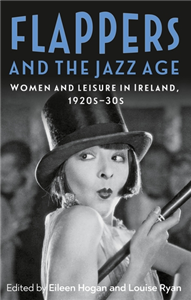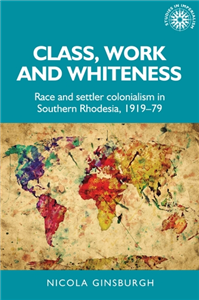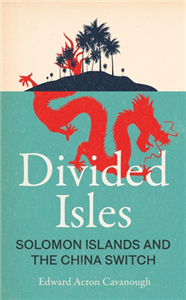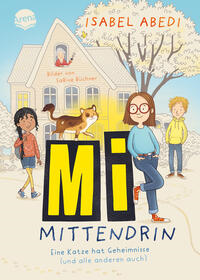Media Partisans GmbH
Since 2014 Media Partisans has been creating top quality online content in 10 languages and our cooking brands and DIY/lifehacks brands now have millions of fans around the globe. In 2017 we began producing cookbooks with content from our "Leckerschmecker" cooking brand. Shortly after that we released our first DIY/Lifehacks book with content from our popular "Geniale Tricks" website. Since then we've sold over 230,000 copies of our cookbooks and nearly 50,000 copies of our first DIY/lifehacks book. Considering the strength of our cooking brands in other countries around the world, we now want to offer our books to our fans in other countries. We see great potential in South America where our cooking website Riquísimo has nearly 20 million Facebook subscribers. In Brazil, our cooking brand A Receitaria, also has a huge fanbase of over 8 million Facebook subscribers. These are just a few examples of how strong and global our brands are, and there is great potential in other regions as well. If you're a publisher interested in acquiring printing rights for cookbooks and DIY/lifehacks books with strong brand identities and solid fanbases, please get in touch.
View Rights Portal


























